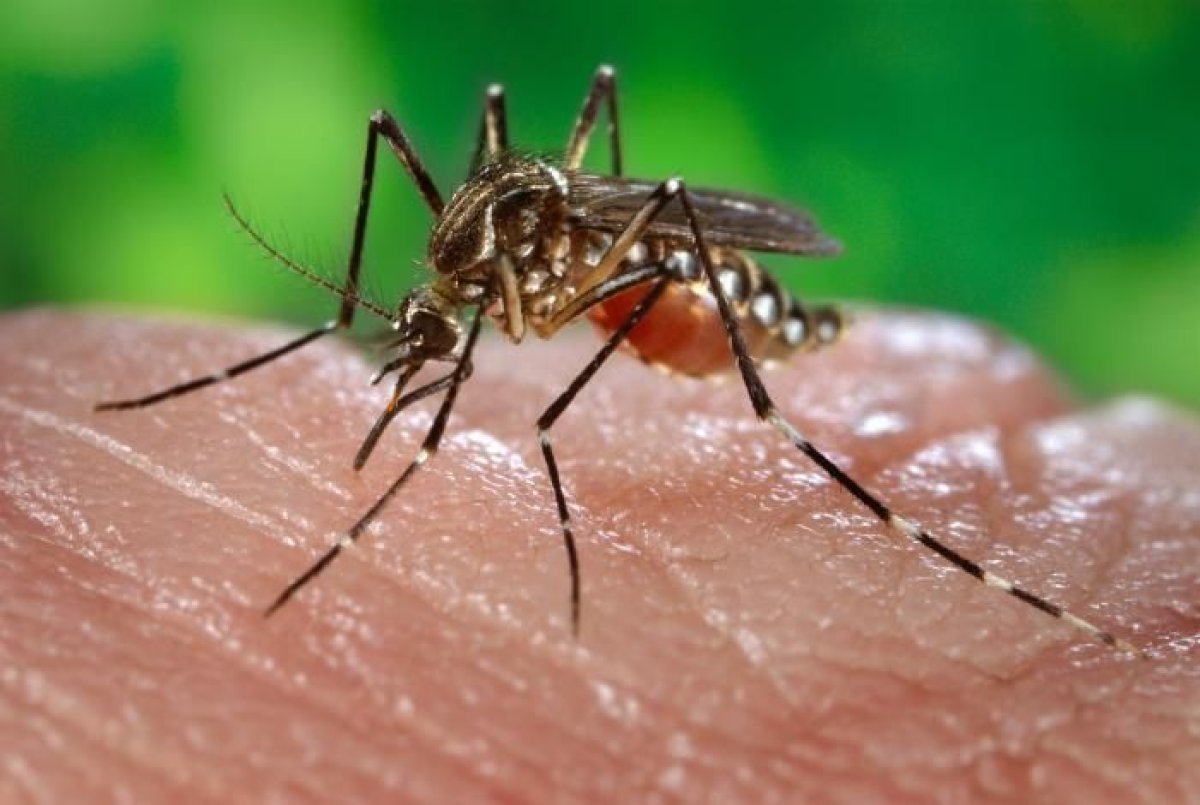The populations of two invasive species of mosquito have "exploded" across Long Beach, California, with experts warning that members of the disease-carrying Aedes genus can now be found in every part of the city.
"They've colonized all the ZIP codes," Lamar Rush, from the Long Beach Health Department's Vector Control Program, told the Long Beach Post. "It started with a few calls last year, and this year it's just exploded. They're tiny so most people don't even notice them until it's too late. Their bites are very itchy."
Two species of mosquito are of particular concern. These are Aedes albopictus, also known as the Asian Tiger Mosquito, and Aedes aegypti, better known as the Yellow Fever Mosquito. Both these species are "aggressive biters" and have the potential to carry the Zika virus and transmit Dengue fever, health officials said.
The Yellow Fever Mosquito was first detected last summer. In June 2017 the department issued an alert warning residents of their presence. "We are actively informing and encouraging residents and visitors to take necessary precautions to prevent mosquito bites," Mayor Robert Garcia said in a statement at the time.
Anissa Davis, City Health Officer, added: "Our goal is to control this mosquito population. We are doing everything to ensure this mosquito does not become established or thrive in our communities."
One reason Aedes has been successful at colonizing new areas is its method of reproduction. It lays its eggs on the sides of small containers and vessels that hold water—such as the dishes beneath potted plants and bird baths, or trash like tin cans and old tires. The female then covers the egg with a protective seal. This means that if the water dries up, the egg can survive—potentially for years—until water becomes available.

"We can't even begin to describe what kind of a problem this poses," Susanne Kluh, the scientific and technical services director for the Greater Los Angeles County Vector Control District, told the Long Beach Post. "The only good news is that they haven't currently transmitted any diseases and they don't fly very far."
She said that in 2014, the department would trap around five Aedes mosquitoes per week. Now, they are catching around 40 every night. If the problem is not controlled, Kluh believes Southern California could see an outbreak of diseases unlike anything seen in the region before.
The outlook, she said, is bleak: "I'm afraid I don't have much hope that it's going to be any better."
While the Zika virus only causes mild flu-like symptoms in the average person, it has catastrophic consequences if a pregnant woman is infected. The virus causes a huge range of devastating birth defects in the fetus, including microcephaly, where the baby's head is much smaller than normal. In 2016 there were 51 babies born with Zika-related birth defects in the U.S.
Dengue is a tropical disease that is mild in most cases and generally passes in about a week. However, on rare occasions it can cause Dengue hemorrhagic fever. Complications from this can cause seizures, brain damage and death.
Uncommon Knowledge
Newsweek is committed to challenging conventional wisdom and finding connections in the search for common ground.
Newsweek is committed to challenging conventional wisdom and finding connections in the search for common ground.
About the writer
Hannah Osborne is Nesweek's Science Editor, based in London, UK. Hannah joined Newsweek in 2017 from IBTimes UK. She is ... Read more
To read how Newsweek uses AI as a newsroom tool, Click here.








